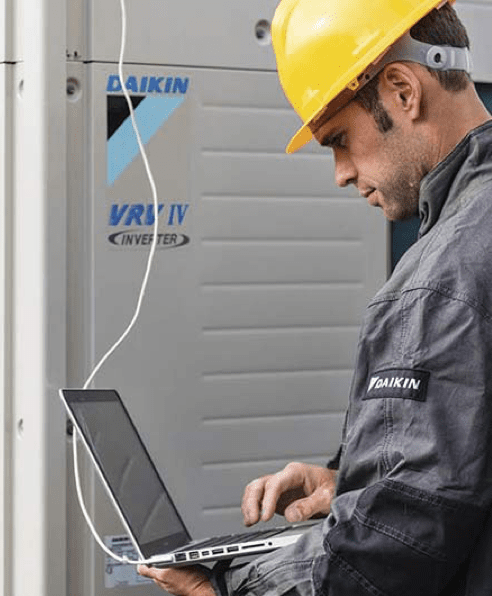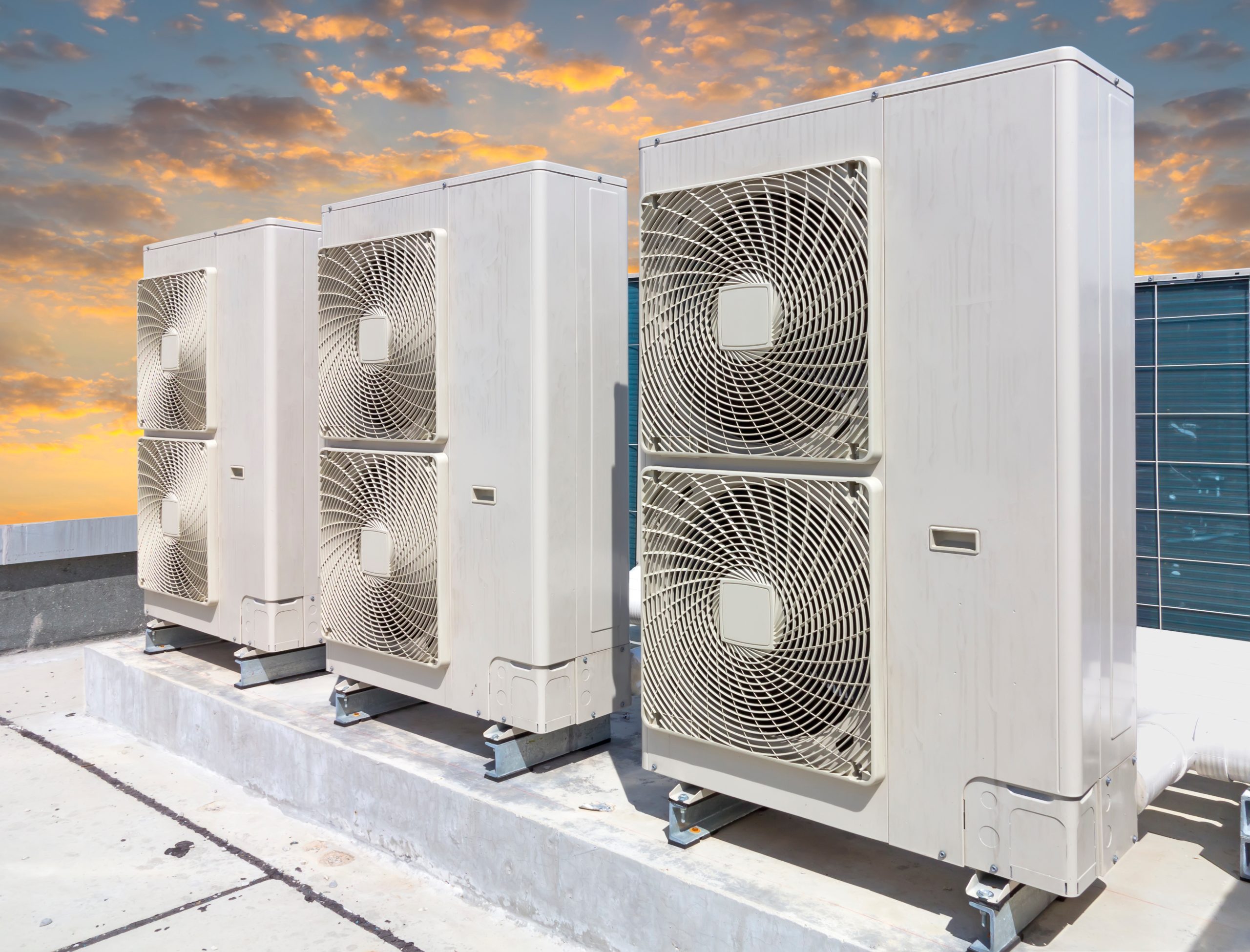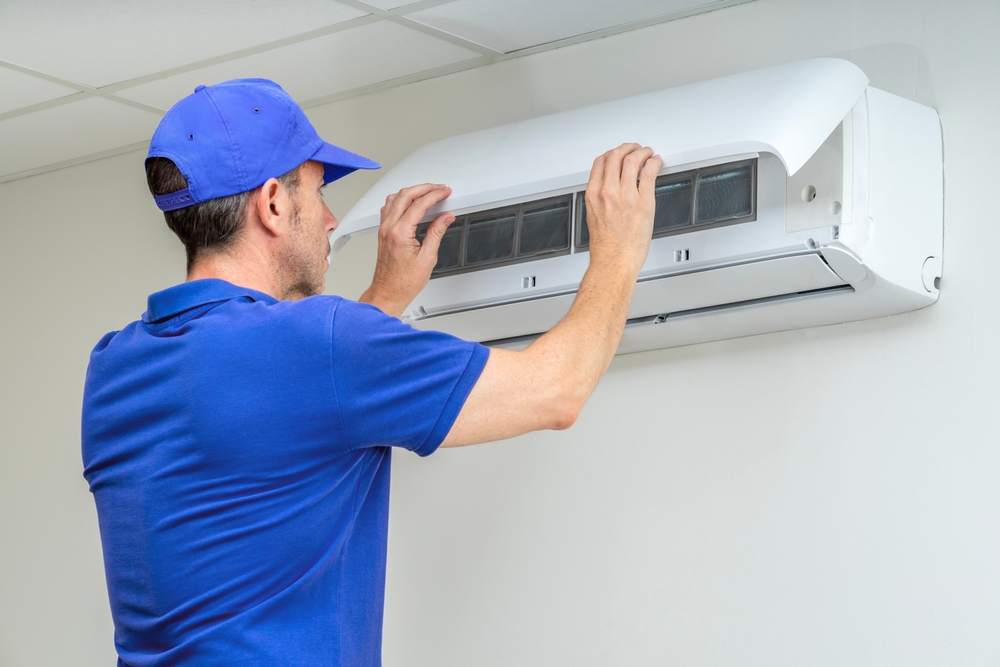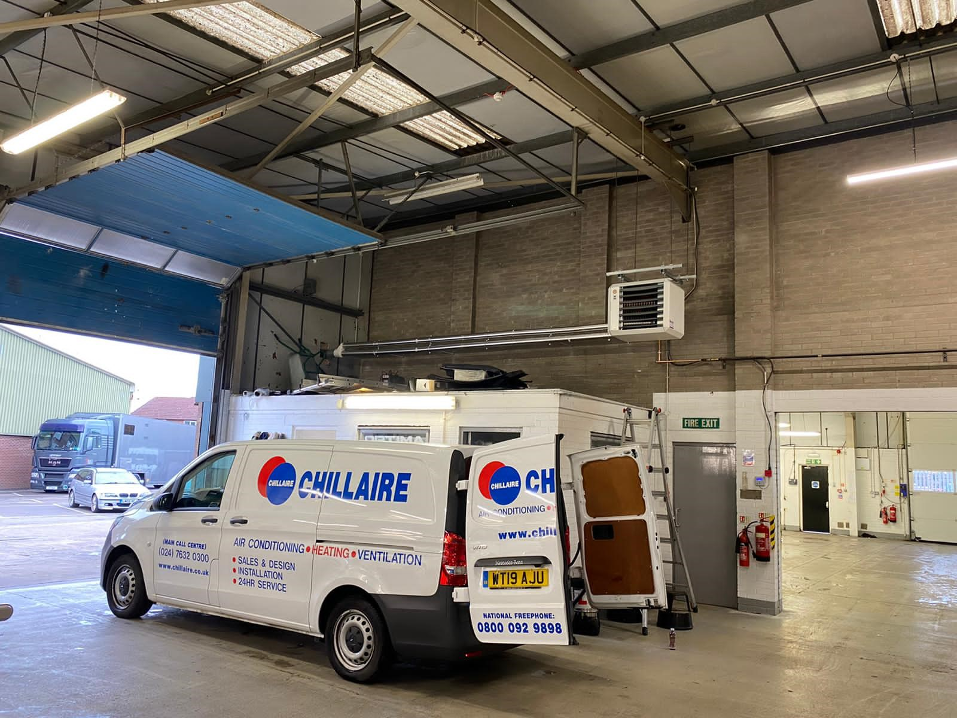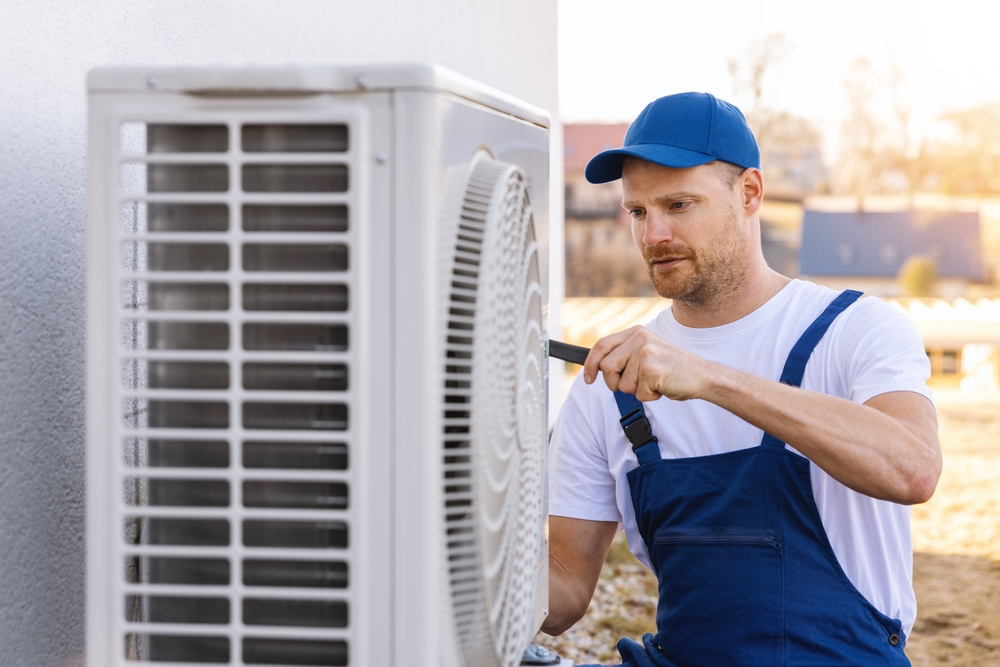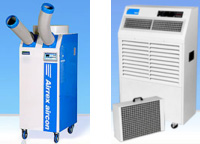
24 Hour Emergency
Breakdown Service-

Free Quote and
Consultation -

Extended
Warranty
More Offices
- Freephone – 08000 929 898
- Nuneaton – 02476 320 300
- Alcester – 01789 273 289
- Northampton – 01604 269 540
- Coventry – 02476 249 440
- Leicester – 01162 025 094
- Solihull – 01216 959 418
- Banbury – 01295 207 682
- Derby – 01332 561 729
- Warwick – 01926 825 681
- Milton Keynes – 01908 483 585
- Kettering – 01536 384 046
- Redditch – 01527 531 275
- Rugby – 01788 669 164






